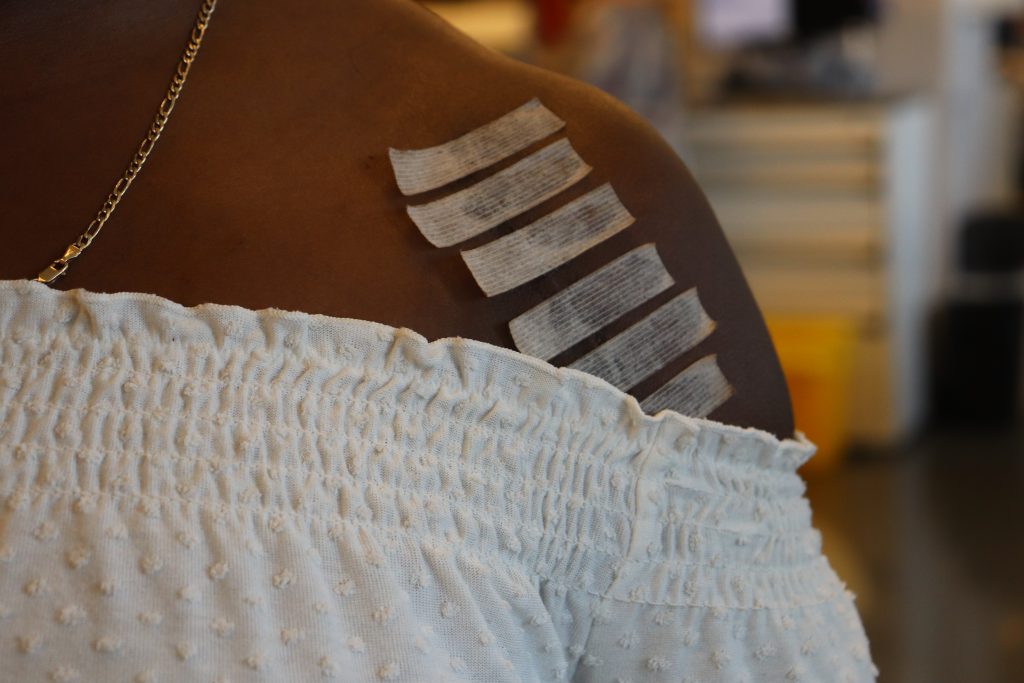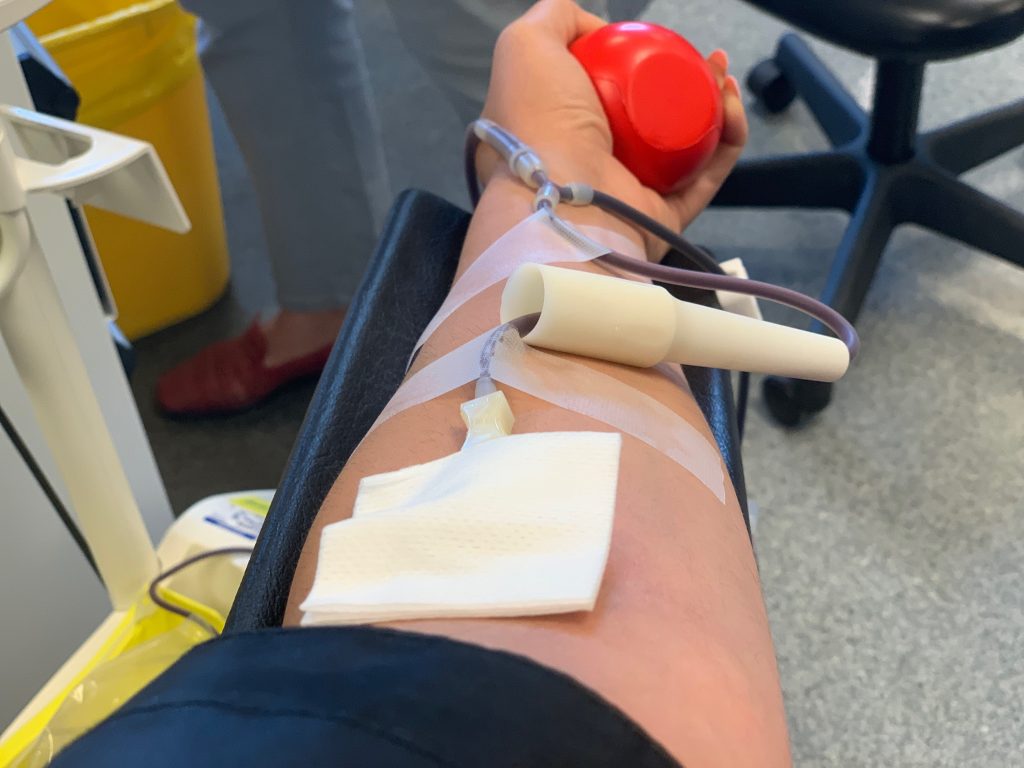Hema-Quebec looking for blood donors from Black community to help those with rare genetic disorder

Posted June 30, 2022 4:56 pm.
Last Updated June 30, 2022 7:36 pm.
Sickle Cell Anemia is a genetic disorder, and it disproportionately affects the Black community. To help those with the disease, Hema-Quebec needs blood donations – the best match in these cases are usually from someone of the same ethnicity.
At just three months old, Akelia Campbell was diagnosed with Sickle Cell Anemia.
The inherited blood disorder affects one’s red blood cells – the cell loses oxygen, becomes a sickled shape, and then gets stuck in small blood vessels, resulting in a lack of blood flow and damage to tissue, organs, and bones.
“It’s like a full-time job managing this illness. It’s a lot of appointments, a lot of follow-ups, a lot of managing your own symptoms, and a lot of hospitalizations,” explained Campbell. “Anywhere that your blood flows, you can have complications.”

Akelia Campbell, (Photo Credit: Pamela Pagano, CityNews)
Now at 30-years-old, Campbell has severe arthritis, she’s had a hip replacement, and she’s recovering from recent shoulder surgery.
“We’re able to take some medications, but something that we are in need of in the Black community is blood donation.”
Undergoing blood transfusions is one of the treatments to help patients and it goes beyond matching one’s blood type.
“I’m O positive, but there are other identifiers that you need to cross-reference and cross-match is a higher chance of you finding a perfect match of somebody of your own community,” she explained.



A spokesperson with Héma-Québec encourages new and existing donors of the Black community to mobilize – and reminds everyone of the importance of giving blood.
“We sure need blood for people like Akelia. Yeah, but we do need blood from every community,” said Josée Larivée, a spokesperson with Héma-Québec. “There are 200 people like Akelia suffering from sickle cell anemia in Quebec. So if you push the math, we need 26,000 donors per year and we have right now a little less than 10,000 from the Black community, so we do need people to come and give blood.”
Luckily, Campbell found a match when undergoing blood transfusions before her shoulder surgery.
“Blood donation does not cost a penny. Only your time. And I mean, you already have it flowing through your veins, and it can help us tremendously,” said Campbell.
Encouraging Black blood donors to come out in numbers to create care packages for admitted Sickle Cell patients – Campell is advocating from social media and beyond.
“I just want to be a voice for the community to help further spread awareness, encourage research, encourage medication treatment, and also just advocacy for ourselves as patients.”








